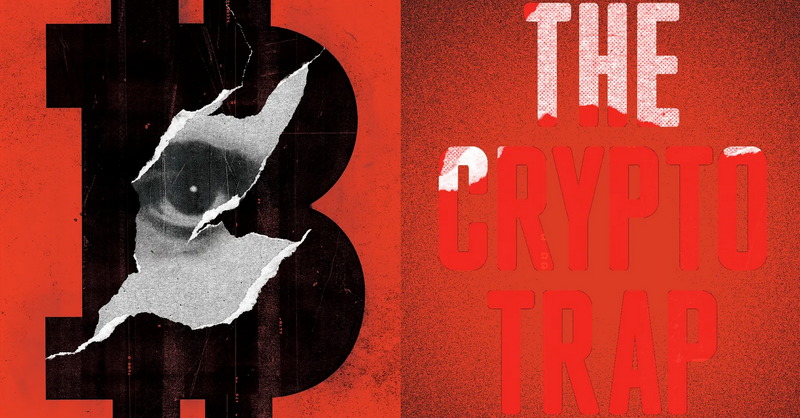Early one fall morning in 2017, in a middle-class suburb on the outskirts of Atlanta, Chris Janczewski stood alone inside the doorway of a home he had not been invited to enter.
Moments earlier, armed Homeland Security Investigations agents in ballistic vests had taken up positions around the tidy two-story brick house, banged on the front door, and when a member of the family living there opened it, swarmed inside. Janczewski, an Internal Revenue Service criminal investigator, followed quietly behind. Now he found himself in the entryway, in the eye of a storm of activity, watching the agents search the premises and seize electronic devices.
They separated the family, putting the father, an assistant principal at the local high school and the target of their investigation, in one room; his wife in another; the two kids into a third. An agent switched on a TV and put on Mickey Mouse Clubhouse in an attempt to distract the children from the invasion of their home and the interrogation of their parents.
Janczewski had come along on this raid only as an observer, a visitor flown in from Washington, DC, to watch and advise the local Homeland Security team as it executed its warrant. But it had been Janczewski’s investigation that brought the agents here, to this average-looking house with its well-kept yard among all the average-looking houses they could have been searching, anywhere in America. He had led them there based on a strange, nascent form of evidence. Janczewski had followed the links of Bitcoin’s blockchain, pulling on that chain until it connected this ordinary home to an extraordinarily cruel place on the internet—and then connected that place to hundreds more men around the world. All complicit in the same massive network of unspeakable abuse. All now on Janczewski’s long list of targets.
Over the previous few years, Janczewski, his partner Tigran Gambaryan, and a small group of investigators at a growing roster of three-letter American agencies had used this newfound technique, tracing a cryptocurrency that once seemed untraceable, to crack one criminal case after another on an unprecedented, epic scale. But those methods had never led them to a case quite like this one, in which the fate of so many people, victims and perpetrators alike, seemed to hang on the findings of this novel form of forensics. That morning’s search in the suburb near Atlanta was the first moment when those stakes became real for Janczewski. It was, as he would later put it, “a proof of concept.”
From where Janczewski was positioned at the front of the house, he could hear the Homeland Security agents speaking to the father, who responded in a broken, resigned voice. In another room, he overheard the agents questioning the man’s wife; she was answering that, yes, she’d found certain images on her husband’s computer, but he’d told her he had downloaded them by accident when he was pirating music. And in the third room he could hear the two grade-school-age children—kids about as old as Janczewski’s own—watching TV. They asked for a snack, seemingly oblivious to the tragedy unfolding for their family.
Read more: Wired







































